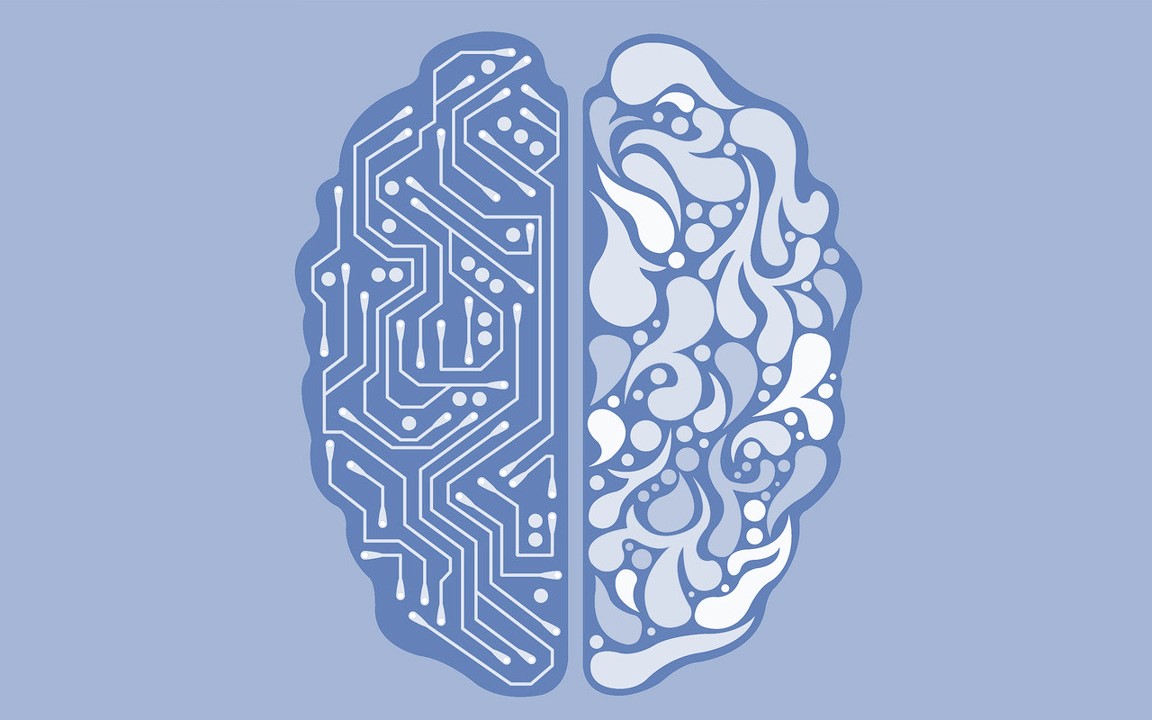This post is also available in:
 עברית (Hebrew)
עברית (Hebrew)
The world of biohacking and neurotechnology- a future of implanting microchips and altering brain processes. Yet how can we navigate this new frontier without compromising basic rights?
“Biohacking” is the intersection of biology and technology, and the concept of implanting microchips into our hands for daily activities like paying at stores, opening doors, or starting smart cars- is no longer a futuristic concept.
Many futurists and experts believe we can unlock limitless possibilities by strategically combining AI, machine learning, and blockchain technologies. These technological advances are expected to pave the way for a new era of transhumanism and digitally enhanced humans. But even as we stand on the brink of this change, we must ask ourselves: Will brain implants cross an ethical boundary?
According to Cybernews, neural implants and brain-computer interfaces (BCIs) are leading the way in a series of groundbreaking advancements in neurotechnology. The harnessing of AI for these technologies promises to revolutionize lives, allowing us to decode and even influence thought processes. But such power comes with a significant ethical dilemma, prompting urgent discussions around mental privacy and human rights.
BCIs are being hailed as a game-changer for the healthcare industry, offering immense potential benefits. FDA-approved for human trials, these implants could significantly enhance the lives of individuals with paralysis, Parkinson’s disease, depression, and other neuropsychiatric disorders.
The upcoming decades will bring significant shifts in the science, medicine, and technology landscapes. Experts predict an approaching ability to record, modify, and even control human memories, achievable through accelerated advancements in neuroscience and related technologies.
However, in a future where intentions, emotions, and decisions could be externally influenced, there is a dire need to establish rigorous ethical and regulatory frameworks to protect mental privacy and uphold human rights.
The potential power to alter or control memories brings with it horrible possibilities for misuse, such as mass manipulation, cyber espionage, or memory theft. The race to exploit the scientific and medical potential of this new technology may abandon cybersecurity and enable potential threats.
According to Cybernews, the most important next step is a collaboration between healthcare professionals and the cybersecurity industry, a partnership that would balance the promising potential of memory-interacting technologies with the imperative of securing these advancements against malicious threats. The professional industry bodies must work together to understand and address emerging risks, developing protective measures while the technology is still in its infancy.
The concept of humans with microchips is no longer science fiction, but even as we harness the benefits of these advancements we must be wary of potential infringements on our privacy and autonomy. As we look to the nearing future of neurotechnology, we must be innovative, transformative, ethically grounded, responsible, and secure.


























